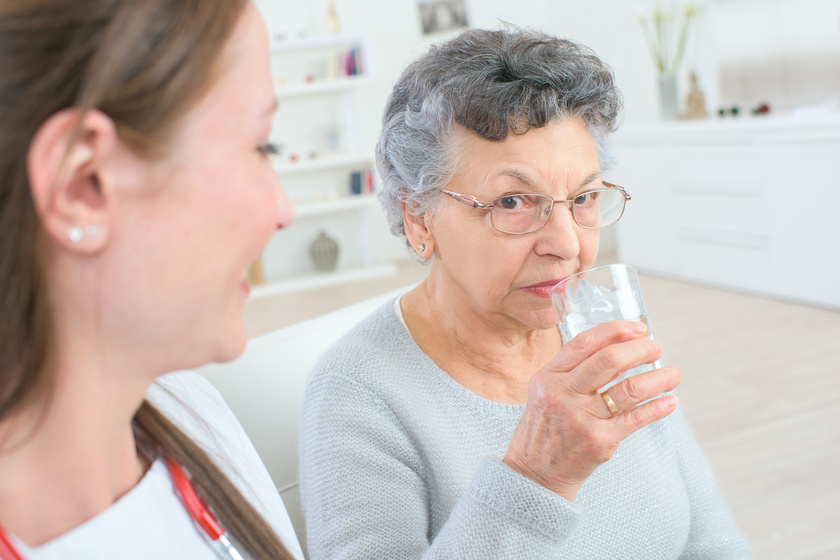While many people look forward to the summer months as a time of excitement and relaxation, older adults and their caregivers may find that these times can be rather stressful. People become more vulnerable to the summer’s oppressive heat, humidity, and sunlight as they age due to physiological changes. According to studies, the elderly account for nearly 80% of heat-related fatalities. There are a number of reasons why the elderly are more susceptible to heat-related incidences, including physiological characteristics such as a decreased sensitivity to thirst, bad circulation, a higher incidence of chronic ailments, and social isolation. Hot weather may make anyone unhappy, but it can be extremely dangerous for older adults.
Here are some senior summer safety tips to ensure that your loved ones can take part in the festivities without compromising their health.
Stay Hydrated
Experts say that because elderly individuals do not perspire as much as they used to or notice their own thirst, they are more at risk of dehydration than younger people. They also note that many elderly people take diuretics, or water pills, to manage problems including chronic kidney disease, high blood pressure, congestive heart failure, and others that lead to fluid loss.
Caregivers should encourage the elderly to drink lots of water before going outside and while in the sun, since this will help prevent dehydration.
Put on Sunblock and Dress Appropriately
Also, according to experts, the protective fatty layer beneath the skin thins with age, rendering the elderly more susceptible to the drying effects of sun exposure. The following are some suggestions to assist the elderly avoid sunburn:
- To protect them from both UVA and UVB radiation, they should invest in a sunscreen with a minimum SPF of 30.
- Help them remember to put sunblock on their ears, upper lip, backs of their hands, and soles of their feet, all of which are prone to being sunburned if left uncovered.
- Encourage them to dress in loose, light-colored garments that will help them feel more at ease in the heat and will also shield them from the sun.
- Recommend that they wear sunglasses and a brimmed hat to protect the skin around their eyes.
Know When to Go Indoors
Outdoor exercise has many benefits. It has been shown to boost happiness, and it is a terrific opportunity for older adults who may have felt lonely during the epidemic to reconnect with their communities in a risk-free setting. However, experts warn that on extremely hot days, they should only go outside in the early hours of the morning or after dark. In addition, according to the Environmental Protection Agency, the sun is at its peak intensity between the hours of 10 a.m. and 4 p.m. Hence, it is best to avoid being outside and instead stay inside during these hours, preferably in an air-conditioned room.
Older adults may need your assistance locating a cooling center in their area if they are unable to afford 24-hour home air conditioning. Many public buildings like malls, libraries, and community centers offer free spaces to cool off and socialize in the summer.







